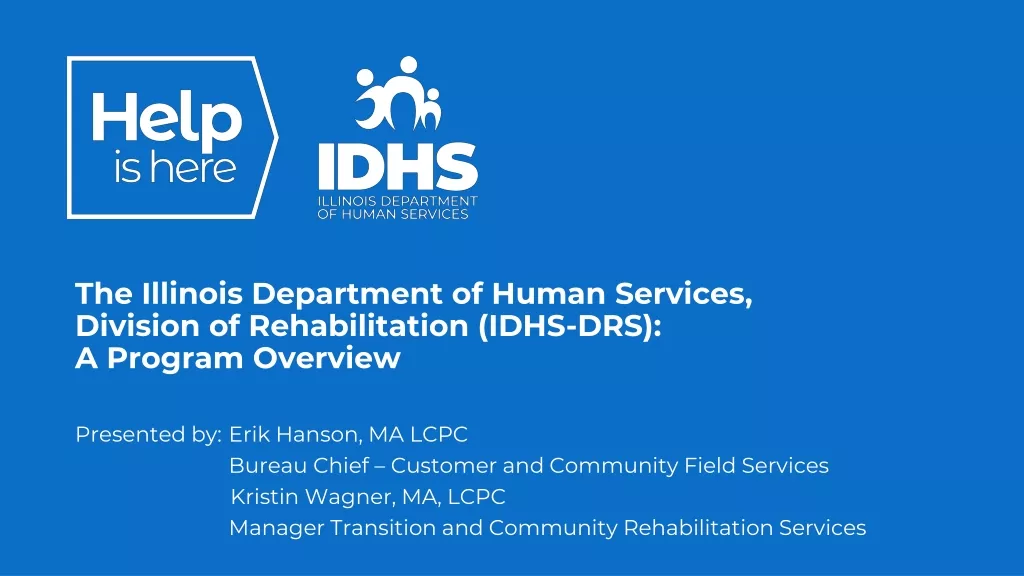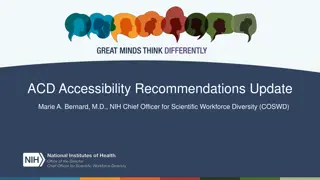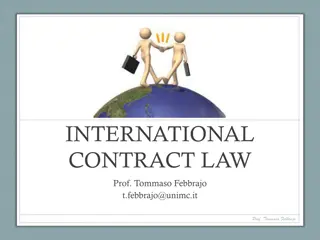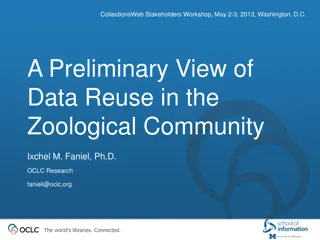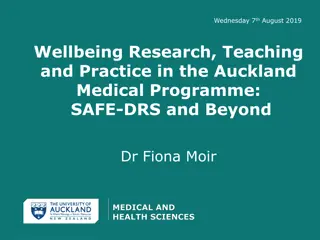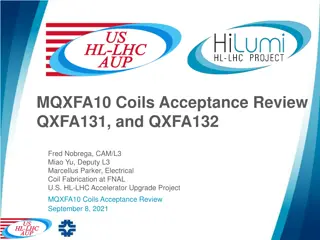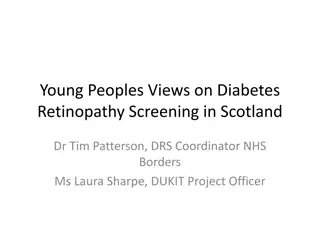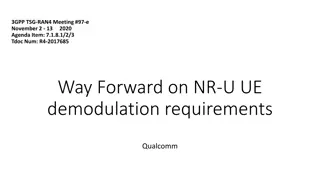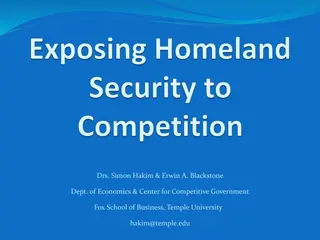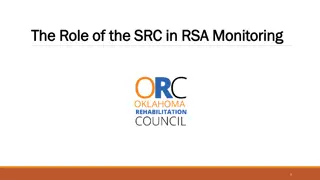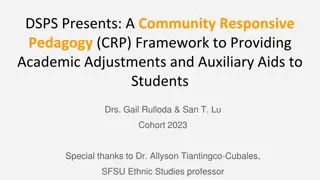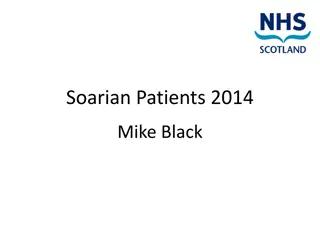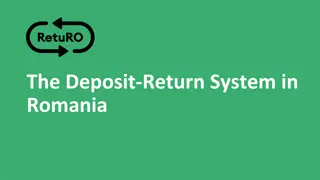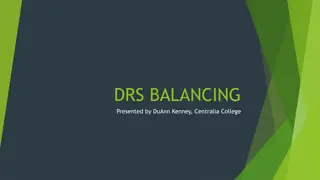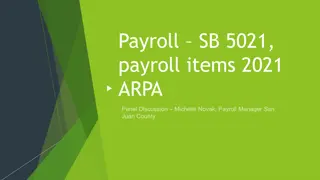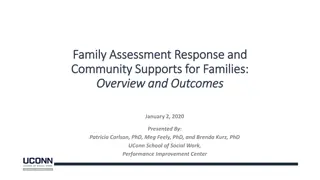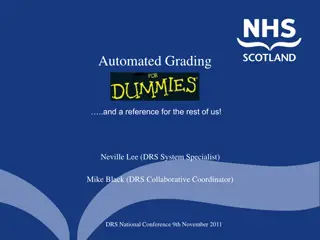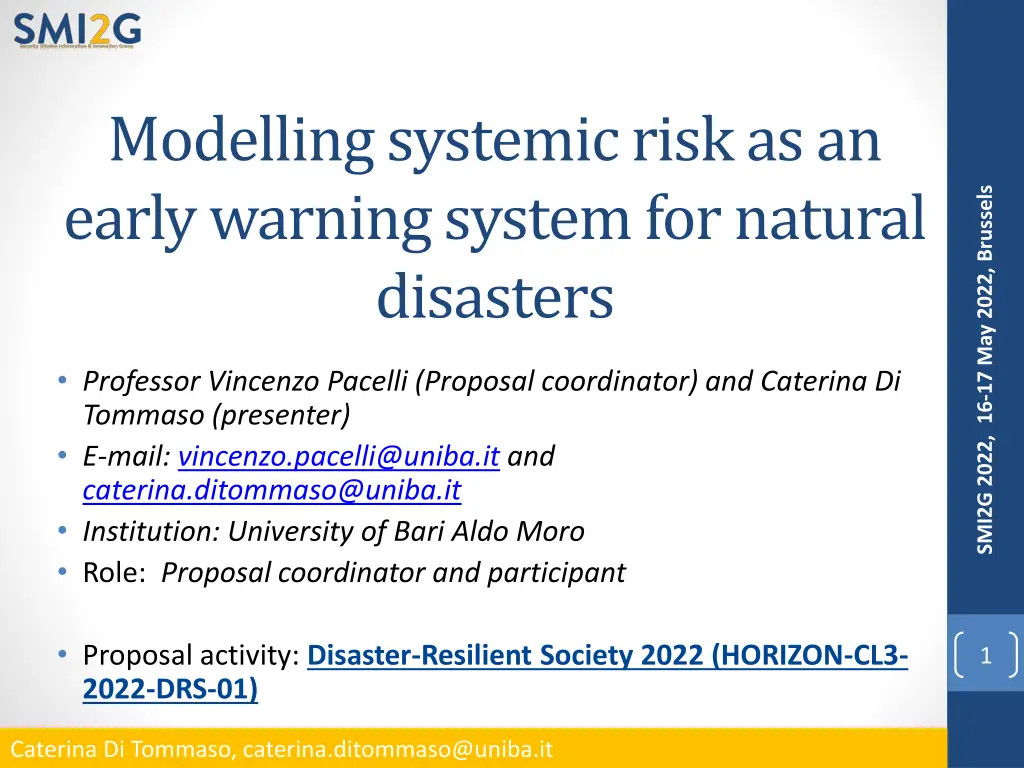
Modelling Systemic Risk for Natural Disasters - SMI2G 2022 Proposal
Explore the interconnected global systemic risks of climate change, pandemics, financial crises, and geopolitical conflicts. The proposal aims to use explainable artificial intelligence (XAI) to assess systemic risks and predict black swan events impacting the economy. Participants from various institutions collaborate to develop a risk model forecasting the systemic impact of natural disasters and climate change on the financial system, potentially serving as an Early Warning System (EWS) for disaster risk finance. Join the project at SMI2G 2022 in Brussels.
Download Presentation

Please find below an Image/Link to download the presentation.
The content on the website is provided AS IS for your information and personal use only. It may not be sold, licensed, or shared on other websites without obtaining consent from the author. If you encounter any issues during the download, it is possible that the publisher has removed the file from their server.
You are allowed to download the files provided on this website for personal or commercial use, subject to the condition that they are used lawfully. All files are the property of their respective owners.
The content on the website is provided AS IS for your information and personal use only. It may not be sold, licensed, or shared on other websites without obtaining consent from the author.
E N D
Presentation Transcript
Modelling systemic risk as an early warning system for natural disasters SMI2G 2022, 16-17 May 2022, Brussels Professor Vincenzo Pacelli (Proposal coordinator) and Caterina Di Tommaso (presenter) E-mail: vincenzo.pacelli@uniba.it and caterina.ditommaso@uniba.it Institution: University of Bari Aldo Moro Role: Proposal coordinator and participant Proposal activity: Disaster-Resilient Society 2022 (HORIZON-CL3- 2022-DRS-01) 1 Caterina Di Tommaso, caterina.ditommaso@uniba.it
Proposal idea/content The empirical evidence has shown how global systemic risks such as climate change, pandemics, financial crises, and geopolitical conflicts are interconnected. Discovering the direction and quantifying the impact of these interconnections is one of the main challenges both to assessing the climate risk for the worldwide economy and forecasting the direction of propagation of a crisis. As a result, to manage climate change risks better, it is of paramount importance to understand their connectivity and take a more holistic approach to risk management. SMI2G 2022, 16-17 May 2022, Brussels Our idea is to weaponize explainable artificial intelligence (XAI) model to climate/disaster risk to assess the systemic risk. The idea is to predict and model the so-called black swan" events that, by causing significant social changes, can also impact transition risks and, therefore, the economic and financial system. By simulating various transaction scenarios (orderly, disorderly, hothouse), our early warning system will be able to predict the evolution of the systemic risk spillover and its impact on the real economy. 2 Caterina Di Tommaso, caterina.ditommaso@uniba.it
Proposal idea/content The project aims: 1. to examine the nature of climate risk, identifying a nexus between financial systemic risks and climate change, and how climate change can affect the global economic and financial crises; 2. to develop a risk model in order to forecast the systemic impact of future natural catastrophe events, to study its impact on all components of an economic system. 3. The development of artificial intelligence (XAI) to predict systemic risk to study their potential impact on the financial system would have the aim also to work as an Early Warning System (EWS) for reducing transaction costs for disaster risk finance. Hence, our measure could be used as an indicator in climate change stress tests and an early warming to predict systemic risk. SMI2G 2022, 16-17 May 2022, Brussels 3 Caterina Di Tommaso, caterina.ditommaso@uniba.it
Project participants Existing consortium: Proposed coordinator: Professor Vincenzo Pacelli SMI2G 2022, 16-17 May 2022, Brussels Partners/ Other Participants Country Type Expertise Current status Ionian Department of Law, Economics and Environment of University of Bari, Taranto Italy Economics and Financial modelling Confirmed Research and Technology Organisation Physics Department of University of Bari Italy Artificial intelligence (XAI) Confirmed Research and Technology Organisation Federcasse (Italian Federation of Cooperative Banks) Italy Banking expertise To be contacted Federation of 249 cooperative banks London School of Economics UK Economics and social sciences skills To be contacted Research and Technology Organisation United Nations US Data provider To be contacted Intergovernmental organization Looking for partners with the following expertise/ technology/ application field: Software developers Experts of complex systems applied to the economy Experts in economic forecasting models Artificial intelligence modelling experts Experts in collecting and modelling data of climate risk and natural disasters 4 Caterina Di Tommaso, caterina.ditommaso@uniba.it

